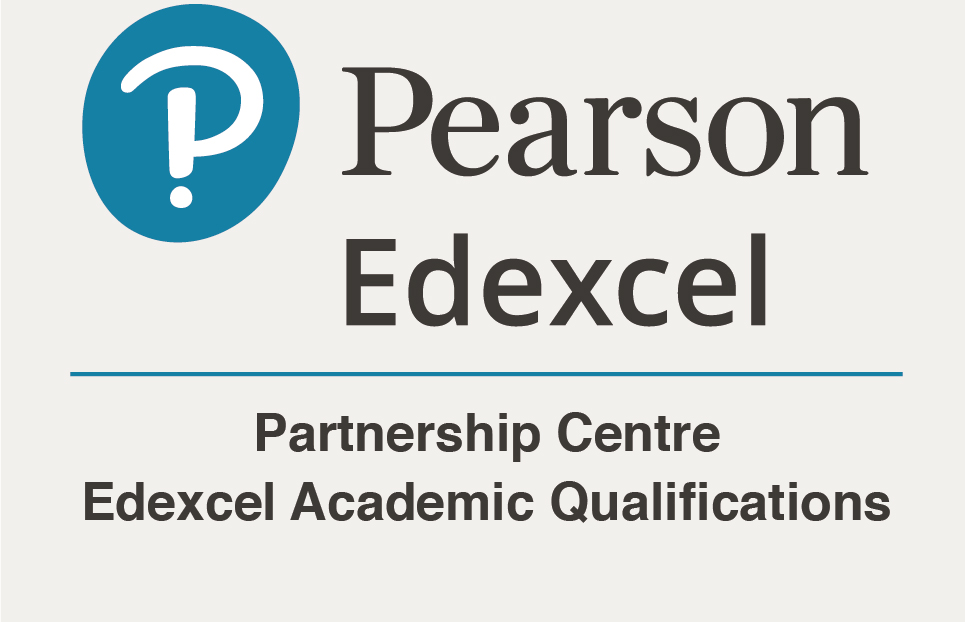Liberal Studies finding its feet
January 22, 2016
Since the introduction of Liberal Studies by the Hong Kong Examinations and Assessment Authority (HKEAA) and the Curriculum Development Council (CDC) back in 2007, the subject has repeatedly come under fire for a number of reasons. Like all young subjects, the HKDSE Liberal Studies core module is in the process of adaptation, with the CDC acutely aware that reform might be necessary in light of criticism.
Back in the UK, during my time in higher education, the relatively new subject of Cultural Studies was facing similar problems. MA/PhD Cultural Studies was in a period of ‘finding itself’; conflict gripped lecturers as they struggled to bolt down a definitive curriculum plan. Even a subject like sociology, which has been around for several decades now, is subject to change, with its loose cannon of inter-disciplinary thinkers (e.g. Karl Marx, Max Weber, and Michel Foucault).
In uncertain times, then, what are the key problems Liberal Studies has to contend with?
It’s compulsory, a core subject
Because it is a necessary DSE core subject, expectations are high. If students had a choice, Liberal Studies wouldn’t be under such a critical spotlight. Teachers, parents, and students alike, are put into a position where they inevitably confront the usefulness and content of the subject. Unlike long standing subjects like English or Maths, Liberal Studies has something to ‘prove’.
Some modules aren’t beyond criticism
The Self and Personal Development (SPD) aspect of the opening module, Personal Development and Interpersonal Relationships, strays dangerously close to the vague, arbitrary nature of UK A-Level/AS General Studies. Much of what is covered is common sense, non-academic, and a natural development of young people growing up.
Political proxy wars don’t help matters
Recently Liberal Studies has become a battleground for political agendas. Whereas pro Chinese critics argue that Liberal Studies acts as a recruitment aid to swell the ranks of the Umbrella Movement, the left-wing believe the curriculum isn’t remotely ‘liberal’ enough and panders to the mainland. Such tensions can only weaken the legitimacy of the subject itself, and stall its progress.
Light at the end of the tunnel?
The HKEAA’s commitment to multiple-perspective thinking and cross-topic analysis is invaluable. Engaging with real-world topics, utilising geography and economics skills for example is where Liberal Studies excels. Also, Liberal Studies balance between theory and practise is a healthy one. These factors mean students are trained to avoid treating disciplines in isolation, realising the depth of their analysis depends on ‘connecting the dots’ between different subjects (after all, from Aristotle to Sun Tzu, the greatest minds of history combined disciplines!).
How a private tutor like me enriches Liberal Studies teaching
Here at Brighten I remind my students that to excel in advanced education, they’re required to think for themselves. Although Liberal Studies key strength is found in its inter-disciplinary nature, the way it’s taught in class doesn’t always promote independent thinking. One-to-one learning focuses on the skills outlined in the Education and Manpower Bureau (EMB) original action plan. In their document, Investing In The Future, back in 2005, the core skills “included critical thinking skills, creativity, problem solving skills, communication skills”. For these skills to be more than just buzz words, I test my student’s ability to engage with secondary materials that build on the curricular in place. Speed of thought, the ability to single out contradictions and weaknesses in arguments, and fine tuning logical thinking are only possible if a tutor – like myself – is nurturing students in a personal environment of dynamic interaction.
© 晉博教育中心 Brighten Youth Education Centre


